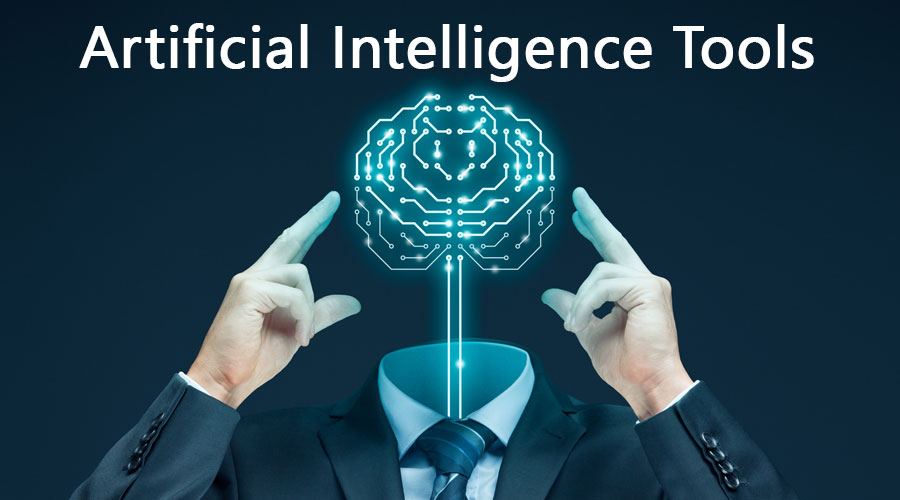
Artificial intelligence, often referred to simply as AI, represents one of the most fascinating frontiers of technology in the modern world. From self-driving cars to personalized recommendations on streaming platforms, the impact of AI is already deeply embedded in our daily lives. This remarkable field continues to evolve and expand, pushing the boundaries of what we once thought possible. As we delve deeper into the realms of AI, we not only unlock immense potential for innovation and efficiency but also raise profound questions about the nature of intelligence itself.
At its core, AI seeks to replicate the cognitive functions typically associated with human minds, such as learning, reasoning, and problem-solving. By harnessing the power of algorithms and data, AI systems can analyze complex patterns, make predictions, and adapt to new information with remarkable speed and accuracy. As we witness the rapid advancements in AI technologies, we are propelled towards a future where machines may not only think, but also communicate, create, and even empathize in ways that challenge our understanding of what it means to be truly intelligent.
Evolution of AI
As technology advanced, so did the capabilities of artificial intelligence. From early beginnings focused on performing narrow tasks, AI has swiftly evolved to mimic human intelligence in various areas. With the emergence of machine learning algorithms, AI systems are now able to analyze vast amounts of data and adapt their responses accordingly, opening up new possibilities across industries.
Artificial Intelligence Search
The evolution of AI has been marked by significant breakthroughs in natural language processing and computer vision. AI-powered chatbots and virtual assistants are now commonplace, demonstrating the ability of these systems to understand and interact with human language. Similarly, computer vision technology has enabled AI to process and interpret visual information, leading to advancements in fields such as autonomous vehicles and image recognition.
As AI continues to progress, researchers are exploring the concept of artificial general intelligence – the ability for machines to perform any intellectual task that a human can. While AGI remains a theoretical goal, it represents the next frontier in AI development. By building on the foundations of machine learning and neural networks, researchers aim to create AI systems that can truly think, reason, and learn in a way that mirrors human cognition.
Applications of AI
In the realm of healthcare, artificial intelligence is revolutionizing disease diagnosis, treatment planning, and patient monitoring. AI-powered medical imaging systems can detect abnormalities in scans with pinpoint accuracy, leading to earlier intervention and improved outcomes for patients. Additionally, AI algorithms can analyze vast amounts of patient data to personalize treatment plans and predict potential health risks.
In the field of finance, artificial intelligence is transforming how businesses manage their operations and make investment decisions. AI-powered predictive analytics tools can sift through market data in real-time, identifying trends and opportunities that human analysts may overlook. This enables financial institutions to make more informed decisions and optimize their portfolios for maximum returns.
In the realm of transportation, artificial intelligence is driving innovation in autonomous vehicles and traffic management systems. AI algorithms can process complex traffic patterns and respond dynamically to changing road conditions, improving overall safety and efficiency on the roads. Additionally, AI-powered navigation systems can optimize routes in real-time, reducing travel time and fuel consumption for commuters.
Ethical considerations
When delving into the realm of artificial intelligence, ethical considerations become paramount. As AI systems become more advanced and ubiquitous in various aspects of our lives, questions around privacy, data security, and algorithmic biases surface. It is crucial for developers and stakeholders to prioritize the ethical implications of AI technologies to ensure they benefit society as a whole.
One key ethical concern is the potential for AI systems to perpetuate or even exacerbate existing social inequalities. Biases in data sets used to train AI algorithms can lead to discriminatory outcomes, affecting marginalized communities disproportionately. Addressing these biases requires a concerted effort to promote diversity and inclusion in the AI field, as well as transparency in algorithmic decision-making processes.
Moreover, the ethical use of AI extends to issues of accountability and transparency. As AI systems autonomously make decisions that impact individuals, the ability to understand and challenge these decisions becomes essential. Establishing clear frameworks for oversight and accountability in AI development and deployment is crucial to ensure that these technologies are used ethically and responsibly.

